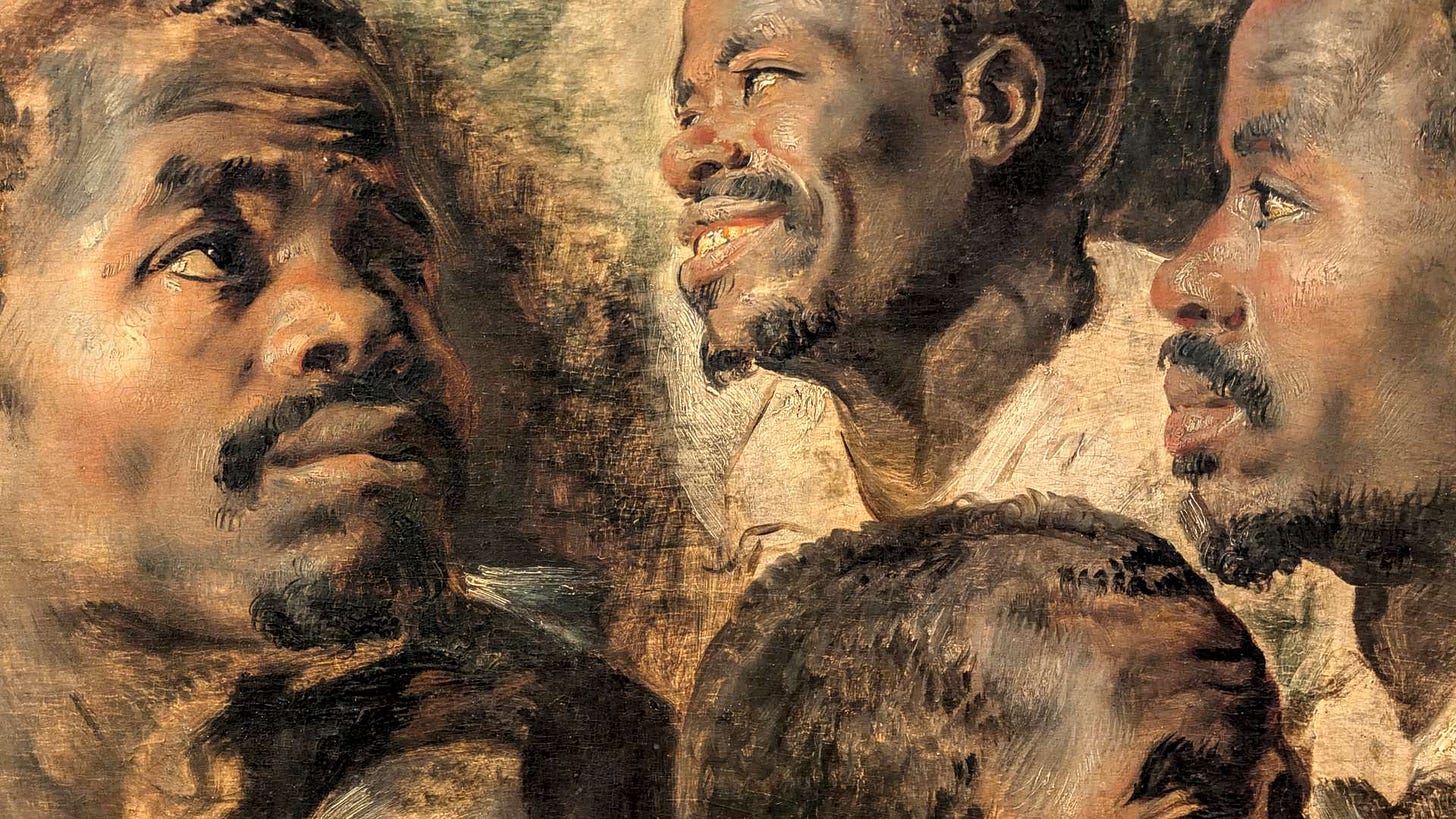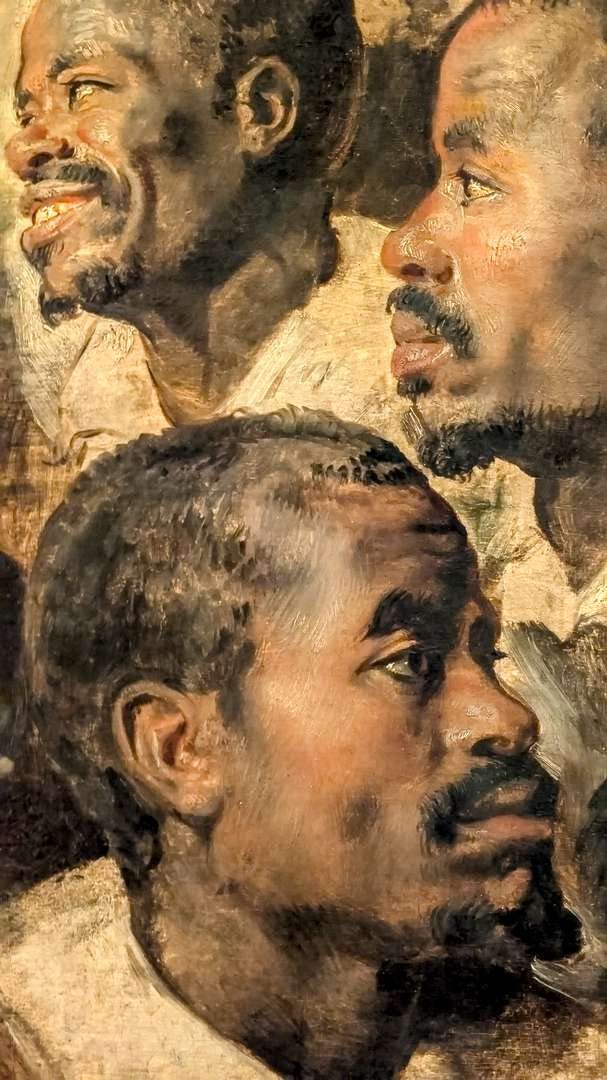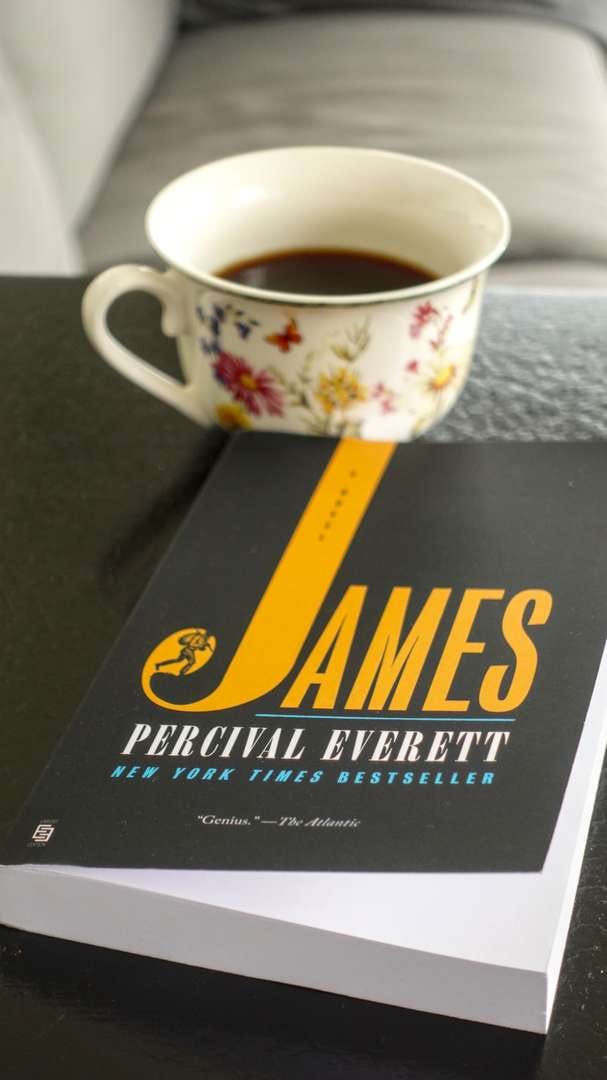
“At that moment the power of reading made itself clear and real to me. If I could see the words, then no one could control them or what I got from them. They couldn’t even know if I was merely seeing them or reading them, sounding them out or comprehending them. It was a completely private affair and completely free and, therefore, completely subversive.”
― Percival Everett, James
Notice what Jim actually discovered in that transformative moment. It wasn’t that books are superior to other forms of information. It wasn’t even about reading itself. It was about comprehension—the utterly private act of understanding, of making meaning, of letting something work on you in the darkness of your own mind where no one else can see or measure or control what’s happening.
“They couldn’t even know if I was merely seeing them or reading them, sounding them out or comprehending them.”
The distinction Jim makes is crucial. You can see words without reading them. You can read them without sounding them out. You can sound them out without comprehending them. Each level is a deepening, and comprehension—true understanding—is the territory no master can govern. Even in the total subjugation of enslavement, this remained free. This remained his.
Jim fought for access to this freedom. But here’s what troubles me: once we’ve taken it for granted, once public education assured us each and every one of us has been trained not only to read but to understand, we started thinking comprehension was a given. And without realising it, we’ve voluntarily walked away from it without even knowing what we’re losing.
We tell ourselves the problem is algorithms versus books. We write essays lamenting the death of reading, the rise of the feed, the surrender to curation. We frame it as a battle between the thoughtful book-reader and the mindless scroller, between the library card and the Instagram reel.
But that’s not quite it, is it?
Because you can consume a book without comprehending it. You can read the summary, highlight the important passages that everyone else highlighted, collect volumes on your shelf like trophies, speed through bestsellers to have opinions about them at dinner parties—and never once engage in the subversive act Jim discovered. You can see the words. You can even read them. But comprehension? That requires something else entirely.
And conversely, you can encounter a single paragraph in a newsletter, an essay that stops you mid-scroll, a comment thread that makes you reconsider something you thought you understood—and sit with it. Turn it over. Let it rearrange your thinking. Engage in that private, ungovernable act of making meaning.
The problem isn’t the medium. It’s that we’ve forgotten how to comprehend anything at all.
We’ve lost the practice of sitting with something long enough to metabolize it. We’ve trained ourselves to react, to consume, to move on. To collect information like stamps rather than digest it like food. To perform our thinking publicly—hot takes, quick responses, clever observations—rather than do the private, slow work of actually understanding.
I notice this in myself. The infinity of books that’s waiting on my virtual to-be-read pile is sometimes rushing me to move to the next thing before I’ve really finished processing the current thing. And I’m grateful that I’ve returned to long-form writing that allows me time to reflect and compose my idea, to actually paint the picture instead of briefly sketching the outlines.
This is what we’re losing. Not books. Not even reading. But comprehension itself—that subversive, private, ungovernable act of understanding. The thing that made Jim free even when he wasn’t.
There is a world inside each of us that no one else can enter uninvited. Not a collection of facts or opinions or clever observations we’ve borrowed from others. But a living architecture built from everything we’ve actually understood, everything we’ve metabolized and made our own, everything that has worked on us in that private darkness where transformation happens.
I like to call it an inner castle, though that makes it sound more static than it is. It’s constantly being rebuilt, rooms added and renovated, as I comprehend new things and let them change the structure. But here’s what matters: it can only be built from what I’ve actually understood, not from what I’ve merely consumed. This refuge exists because of choices I’ve made about what to let past the gates of my attention, yes—but more importantly, about what to actually think about. What to sit with. What to comprehend rather than just consume.
The algorithm doesn’t threaten this. Passive consumption threatens this, regardless of whether you’re scrolling through feeds or collecting books you’ll never truly read.

The subversive act available to us—the one Jim understood changed everything—isn’t choosing books over feeds, print over digital, slow media over fast. It’s choosing comprehension over reaction. Synthesis over consumption. The private work of understanding over the public performance of having opinions.
This is harder than it sounds. It requires resisting the twitchy urge to move on, to react, to share before we’ve digested. It requires sitting with discomfort, with confusion, with ideas that don’t immediately make sense or confirm what we already believe.
But this is the freedom. Not the freedom to access information—we have that in abundance, more than any generation in history. The freedom to comprehend it. To let it become part of us. To build an inner world that no one else can govern because it’s made of understanding rather than just accumulated data.
No one can see this happening. No one can measure it. No one can control what a single sentence does to you when you actually stop and comprehend it, when you let it rearrange something you thought you understood.
This is what remains ungovernable. This is what Jim knew was everything.
The words are everywhere—in books, in essays, in conversations, in feeds. But comprehension? That’s still a choice. That’s still subversive. That’s still completely free.
What will you actually understand today?



